A publisher has issued an expression of concern (EoC) about a study that claimed children with same-sex parents were at greater risk of depression and abuse, after posters using statistics from the paper to support a homophobic message appeared in Australia and the US.
publisher has issued an expression of concern (EoC) about a study that claimed children with same-sex parents were at greater risk of depression and abuse, after posters using statistics from the paper to support a homophobic message appeared in Australia and the US.
On Aug. 21, several news websites reported that these posters were appearing in Melbourne, Australia, citing claims from a 2016 paper published in Depression Research and Treatment, which said that children with same-sex parents are more at risk for depression, abuse, and obesity than children with opposite-sex parents. The poster had also appeared previously in Minneapolis and has been traced to a neo-Nazi group, as reported by HuffPost Australia. Australia is preparing for a national, non-binding, mail-in vote on whether to provide marriage equality for same-sex couples.
The EoC mechanism, which was chosen by the journal’s publisher, Hindawi, is an unusual choice here. The paper’s author, D. Paul Sullins, a sociology professor at The Catholic University of America and the paper’s author, told Retraction Watch that Hindawi contacted him Aug. 21 about the decision. Initially, he told us he didn’t have any “particular objection to it,” but later told us he changed his mind after he read more about COPE’s guidelines for EoCs: Continue reading Publisher flags paper on same-sex parenting after neo-Nazi group cites it



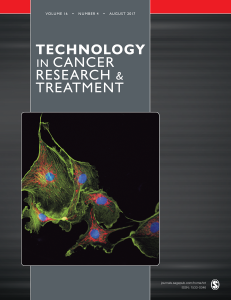
 Earlier this year, a raging controversy regarding a new drug spilled into the pages of a leading medical journal: the head of the U.S. Food and Drug Administration and another official publicly
Earlier this year, a raging controversy regarding a new drug spilled into the pages of a leading medical journal: the head of the U.S. Food and Drug Administration and another official publicly 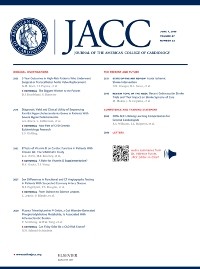 In June,
In June, 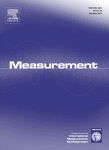
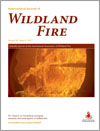
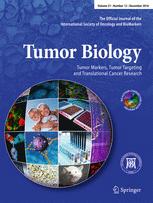 A company that indexes journals — thereby assigning them impact factors — has chosen to delist a cancer journal after it
A company that indexes journals — thereby assigning them impact factors — has chosen to delist a cancer journal after it